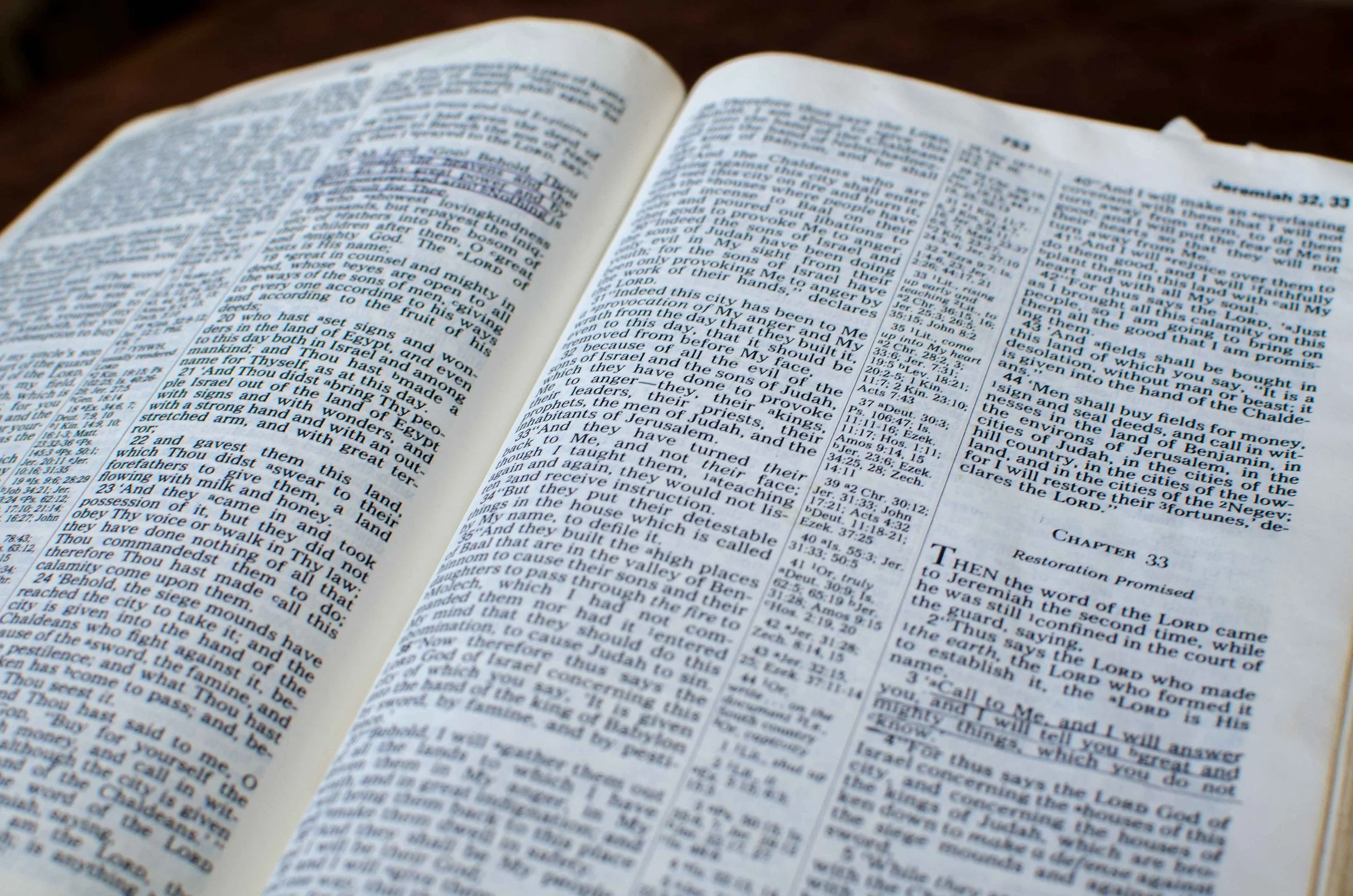Faith Inspiration: Psalm 23
The following are my own musings on Psalm 23. It is a prayer. It is a testament. It is a poem of praise. It is the work of a writer following the inspiration of one of David’s most famous psalms.
Image by António Cascalheira from Pixabay
The Lord is my shepherd - You are the one who cares for me. You tend my every wound. You collect my every tear. You always know where I am at every moment of every day.
I shall not want - How could I want anything when You have given me everything? Yet, even in that knowledge, I yearn. Help me to be satisfied with You alone.
You make me lie down in green pastures - Pastures of peace, lush with your provision, and goodness. Pastures of rest. Help me to lie down and know I can rest, because You have provided a place of peace.
Image by Nicholas Demetriades from Pixabay
You lead me beside quiet waters - These waters are not tumultuous, they are quiet. They flow along with only a rippling, gurgling whisper. These waters are meant to drink from. You are this living water.
You restore my soul - It is beside the quiet waters that you fill me, quenching my innermost thirst and refreshing me to my very core. Only you can restore on this soul level. You make all things new again.
You guide me in the paths (tracks) of righteousness, for Your name’s sake - These paths are worn. These tracks are easy to follow, because of all who have gone before. Let me be like those who have walked these trails before. Help me to follow hard after your righteousness, so that you are lifted up and glorified, forever; so your name is elevated above all others.
Image by Thomas Ulrich from Pixabay
Even though I walk through the valley of deep darkness (the valley of the shadow…of death) - It is inevitable, I will, I am walking through this dark valley. The darkness is - I can’t see my hand in front of my face - darkness. Yet I am upright. I am walking. I have not given up. I have not fainted from the shadowed ones all around me.
I fear no evil, for you are with me - My good shepherd You are here, with me. You are here in this darkness.
Your rod and your staff, they comfort me - Your rod is not there to beat me into submission. It is there to guide me, to comfort me. The feeling of your rod at my head, by my side, on my back, remind me You will never leave me. You are the good shepherd and You love Your sheep…You love me. What comfort!
Image by Julie Rothe from Pixabay
You prepare a table before me in the presence of my enemies - What a bountiful table this is, full of every good thing. This table is always available for me. All I need to do is come. Why would I not come? My enemies are on every side. Most, I cannot see, but they are doing the will of their master, to bring me grief and turn my eyes away from you. I must come to Your table to refresh and restore.
You have anointed my head with oil - You have lavished me with your riches by anointing my head with oil. You show me that I am set apart for your purposes and my life matters.
Image by Bernd Müller from Pixabay
My cup overflows - Again, You show your riches in grace and mercy as you refill my cup over and over again. You remind me, that I am not just a welcomed guest at your table, but your daughter.
Surely goodness and lovingkindness will follow me all the days of my life - Just because circumstances are difficult, doesn’t mean you have withdrawn your goodness and love. Indeed, that goodness and lovingkindness are even more pronounced during that valley of darkness. Your character does not change and never will as you journey with me for as long as I live.
And I will dwell in the House of the Lord forever - Dwell, live together, abide, with You, the three in one - Father, Son, Holy Spirit, forever. Amen!

























